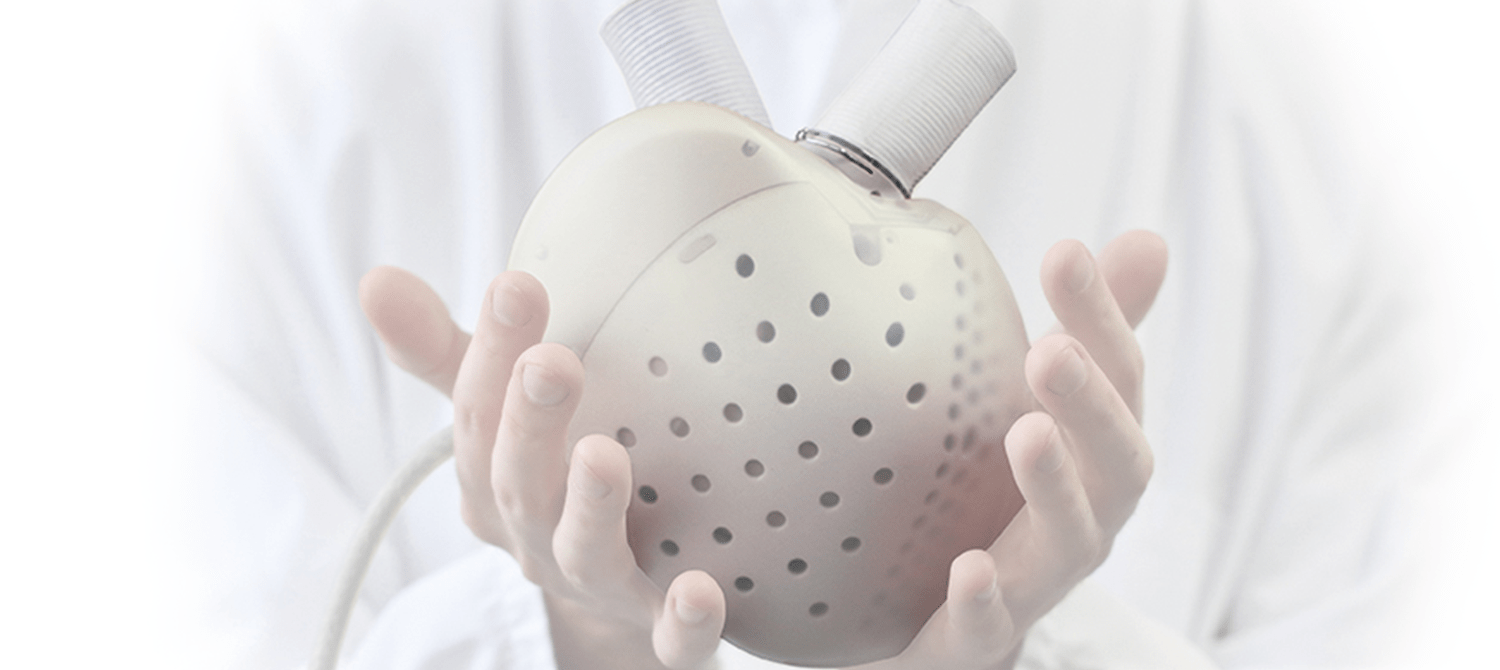
Surgeons Transplant Next Generation Artificial Heart
July 29, 2021A surgical team at Duke University Hospital successfully implanted a new-generation artificial heart in a 39-year-old man who suffered from heart failure.
Unlike conventional artificial hearts, this fully functioning artificial heart, developed by the French company CARMAT, mimics the human heart and provides the recipient with greater independence after surgery.

The CARMAT artificial heart is an implantable prosthetic that consists of several components. During surgery, the heart prosthesis is implanted into the patient's chest. It then connects via a cable to an external unit and medical console.
The implantable prosthesis also includes two ventricular chambers and four biological valves. Thus, the artificial apparatus functions in much the same way as the human heart.
The artificial heart connects to the aorta, the main artery of the body, and the pulmonary artery, which carries blood to the lungs for oxygenation. Blood is pumped through the artificial heart by micropumps. Thanks to sensors and microprocessors on the artificial heart, the micropumps can adapt and alter the amount of fluid pumped depending on the patient's needs.

To keep the heart powered, the patient will need to carry an external bag containing a controller and two chargeable battery packs. The controller regulates the function of the heart through the actuators during the operation. The two batteries provide about four hours of battery life.The mass of the external unit is roughly 4 kg.

At the end of 2020, the company received permission to sell the artificial heart. In fact, some patients have already received approval for an artificial heart transplant.
In the United States, a patient living in Shallotte, North Carolina, was diagnosed with sudden heart failure and had to undergo bypass surgery. However, his condition quickly deteriorated, making him unsuitable for a heart transplant.
Nevertheless, surgeons at Duke University Hospital were able to implant the heart prosthesis into another patient thanks to their partnership with CARMAT to test the artificial heart.
Regarding the recipient at Duke Hospital University, his condition is stable and being monitored. The artificial heart will remain connected to the hospital care console in order to continue monitoring his progress.
Additionally, a patient in Italy received the first commercial artificial heart, costing more than 150,000 euros. But thanks to this, the patient will be next in line for an artificial heart transplant.
Currently, the company is negotiating with other European countries regarding the sale of artificial hearts.
